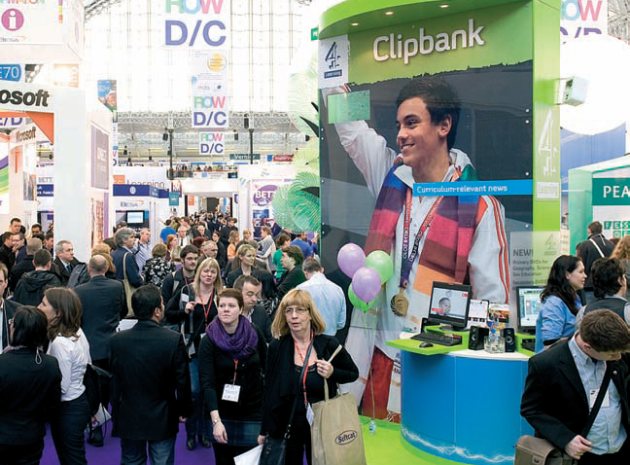It’s sick!” exclaims a student in praise of the new learning taking place at North Liverpool Academy – using what used to be a term of disapproval to indicate exactly the opposite about his experience of the power of gaming being unleashed in the service of education.
In Merseyside, a centre for gaming excellence, North Liverpool Academy has been trialing and embedding gaming and software programming in its curriculum over the past two years. Starting as optional enrichment activities, the teachers and students learnt together the power of gaming before carefully planning and embedding it into its curriculum. Such was the success of this that North Liverpool Academy has recently opened its Studio School for Gaming: The Studio.
I recently spoke with leaders, teachers and students about gaming, computer science, and plans to develop their exciting vision for learning. It was inspiring to see the benefits of integrating gaming and computer science first hand. The students I spoke with showed a great passion for learning through this medium – their imagination was the only limit, and there was no shortage of that.
Major players
Gaming is the fastest growing industry ever, and it’s currently worth more than $65 billion per annum globally ($2bn a year to the UK). It sends our dopamine levels (neurotransmitters associated with learning) through the roof and it has a proven impact on learning and attainment.
My visit to the academy revealed students working individually and collaboratively on Scratch software for game design. They were planning, storyboarding and manipulating instructions to produce simple games. Even better, Scratch is free and couldn’t have a better brand origin. It comes from MIT (the revered Massachusetts Institute of Technology http://scratch.mit.edu/).
A far cry from PowerPoint and databases, when the academy’s IT department added Game and App Design to its enrichment choices, the number of students choosing ICT went up by nearly 500 per cent – from six per cent to 59 per cent. And although there is limited quantative data currently available on the impact of gaming to date, teachers have definitely noticed an impact on learning, seeing the levels being achieved by the students surpass previous years.
Taking it further
“The possibilities are amazing,” states Don Callan, who is at the forefront of these thrilling developments at the North Liverpool Academy. “For example, we will soon be offering 3D Game Design as an enrichment activity for students. We are also looking at how the use of games can be beneficial across the curriculum; the potential of gaming to add to the understanding and learning in subjects such as history or geography are limitless.”
Game technology is the closest we are to replicating our real environment and it may be just the right substitute when reality fails due to cost or scarcity. With it, we can replicate experiences and investigations within a classroom environment that would otherwise be physically impossible. With gaming technologies, knowledge sharing and mobility will only cost a second and learning will become more captivating and interactive.
“Using gaming provides children with a platform where they already have a deep understanding, interest and knowledge base,” adds Don. “They appreciate the theme, and as such, can articulate their thoughts more expressively. They have experience of gaming whereas ‘IT in the workplace’ has no grounding for them. With gaming they not only develop storytelling, problem solving and logic skills, but they can explore the impact on social, moral aspects of these games and subsequently are able to access high levels of the curriculum”.
As we know curriculum reform does not happen overnight, and the task ahead is enormous, requiring a modified curriculum, professional development and continued discussion for leaders and teachers. We look to inspiring places such as North Liverpool Academy, one of the few schools leading the way in terms of computer programming and gaming in schools, to continue forging ahead, and to share best practice with others.
About the author
Hannah Jones is director of connecting learning, co-director of the exite programme for school leaders, and a learn live leaders speaker. She will be leading the seminar ‘adopting computer-generated lessons to boost the teaching of computing in your school - what the SMT needs to know’ with Paul Stevens, assistant head teacher at the Minster School, Southwell, at Bett 2013. The session will be held in gallery room 4 from 10.15-11.00 on Friday 1 February 2013.










